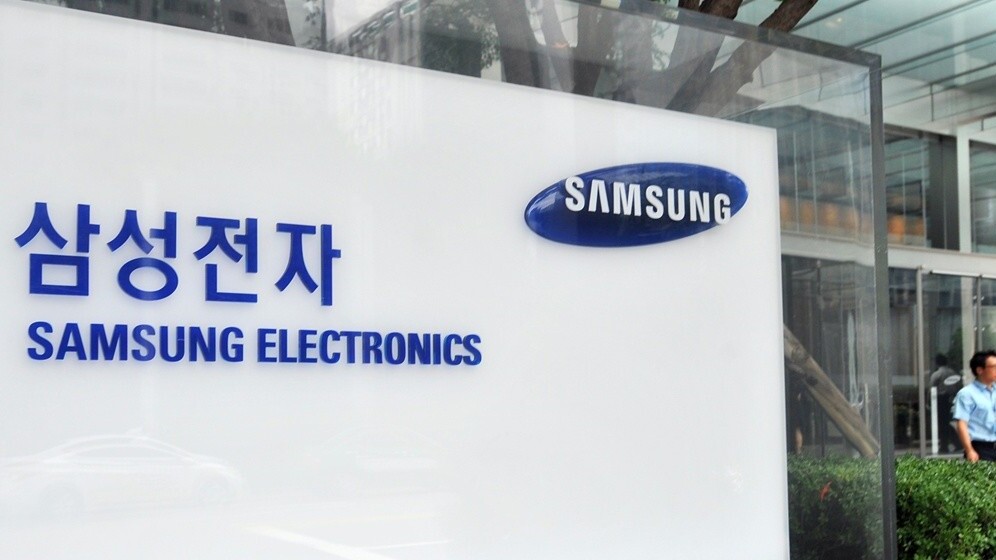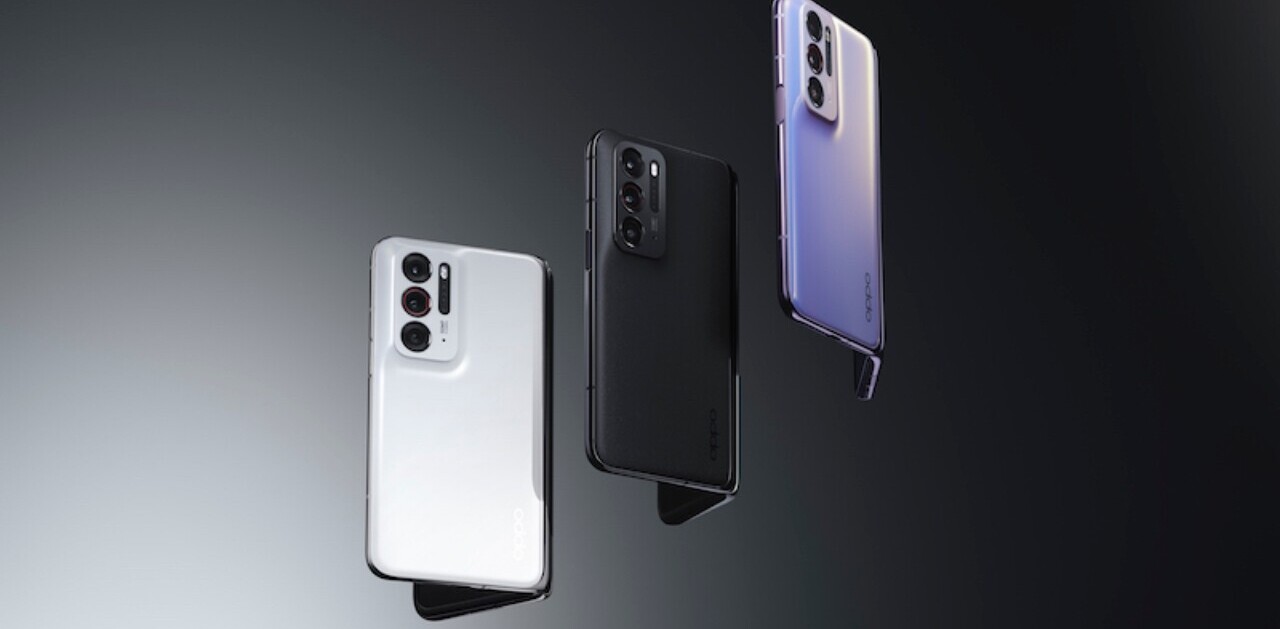
Samsung has admitted that a September audit of 105 suppliers in China unearthed instances where it has breached local labor laws, but the Korean firm has maintained that it has not employed children among its workforce.
The company says that the four-week audit, launched in response to China Labor Watch’s claim that a manufacturing partner was employing minors, found “several instances of inadequate practices”, which included excessive overtime, labor contract issues and fines for late arrivals and absence.
Samsung investigated the initial 105 suppliers, which employ more than 65,000 employees, and, though it says that there are workers below the age of 18, the audit “did not identify any instance of child labor.”
The company says it will have finished looking into its remaining 144 suppliers in China by the end of the year, but it does not reveal whether HEG Electronics — the firm specifically accused of employing illegal, underage staff — was among those that were looked at in September.
Following the claims, Samsung says it will ensure the independence of its audits and also “continue to monitor” working conditions for staff among its 249 China-based suppliers. The company says it is using third party auditor the Validated Audit Process of the Electronic Industry Citizenship Coalition to conduct its checks.
It is also taking immediate action in response to the findings of the September audit, with the following three initiatives:
New Hiring Process to Avoid Child Labor
Samsung has a zero tolerance policy on child labor violations. Although we did not identify any child labor during our audits in September, we have demanded all suppliers to adopt a new hiring process immediately, and contracts with suppliers who use child labor will be terminated.
· All candidates will be interviewed in person before hiring to strengthen identity verification measures and to detect fake IDs.
· Samsung demanded all suppliers to purchase an electronic device to effectively detect fake IDs by the end of November 2012.
· Special guidelines on the banning of child labor were distributed to all suppliers with necessary training provided. The guidelines will include Samsung’s strong commitments to prevent circumstances of child labor and its pre- and post-actions to prevent employment with fake IDs.Immediate Actions to Complete by the End of 2012
· Hiring discrimination will continue to be prohibited.
· Samsung has demanded all suppliers to correct irregularities in labor contracts and distribute one copy to all employees.
· A fines/penalty system has been abolished.
· Samsung has enforced all suppliers to provide adequate safety equipment and sufficient safety training.
· Samsung has demanded all suppliers to provide first-aid kits at manufacturing facilities and dormitories.
· Samsung has recommended all suppliers to provide additional training for managers on sexual harassment and physical and verbal abuse.
· Hotlines at Samsung subsidiaries are being established for workers at supplier companies to report anonymously any inhumane treatment or violations of labor laws.Commitments to Address Working Hours
We have identified the need for initiatives to reduce employee overtime as a top priority, and we are researching and developing measures that will eliminate hours beyond legal limits by the end of 2014.
· Samsung will develop a longer term plan to resolve working hour practices by the end of 2012.
· Samsung will demand all suppliers to cap temporary workers at a maximum of 30% of full-time employees.
· Samsung will financially support suppliers in China to increase investment in equipment and to hire additional workers.
· Corrective action plans tailored to each supplier are currently under development.
Samsung is the latest technology firm to face accusations related to the treatment of its staff, and contractor’s staff, in China.
Taiwanese manufacturing firm Foxconn admitted to hiring underage workers in China last month. Though the company is famed for producing a number of iPhones, iPods and iPads, the workers were not employed to build Apple devices. Hon Hai — Foxconn’s parent company — told the Wall Street Journal that the Yantai facility at the centre of the matter has “no association with any work we carry out on behalf of Apple”.
Apple has seen increased scrutiny over its operations in China this year, and CEO Tim Cook even visited a factory in the country during a trip to the country. Cook brought in the FLA to provide third party audits of its factories and partners in China and the agency has posted mainly positive feedback, although it has provided a substantial list of areas for improvement.
Samsung is somewhat different to Apple in so much that it handles most of its production through its own teams, rather than outsourcing it all to partners. It made mention of that differentiator in the statement.
“Unlike companies that rely predominantly on the outsourcing of manufacturing, Samsung can maintain its own high standards throughout its in-house manufacturing network to offer world-class working conditions.”
The benefit of that situation might well be that it has greater control over its supply chain and a better system to introduce changes it wishes to make. However, the initial complaint was against a partner company so, like Apple, Microsoft and others, it will need to work to bring other companies up to standard.
Headline image via JUNG YEON-JE/AFP/Getty Images
Get the TNW newsletter
Get the most important tech news in your inbox each week.




